Comprehensive internal policies create vital benchmarks for, and add value to, your business, and assist in safeguarding it against risk An internal policy framework will not only demonstrate clear expectations for employees around behaviour and performance, it will improve and protect the ways in which customers, clients and suppliers interact with your business.
Your policies don’t need to be lengthy or overly complex, but they should be clearly drafted documents that talk to specific issues. Each policy you implement should address:
- the objective of the policy
- the position that the business takes in relation to the issue (i.e. the policy statement)
- roles and responsibilities under the policy
- the process for handling any breach of the policy (for example to whom and how it should be reported and addressed)
- the consequences for a breach
The nature of your business will determine exactly which type/s of policies you put in place to minimise legal risk and to protect your business and staff.
Types of policies
Workplace Health & Safety (WHS), human resources, data security, sustainability and privacy should be key policy concerns and ideally you will have each of these issues addressed in your policy library. All policies should be dynamic ‘living documents’ and so should be reviewed regularly, especially in response to any regulatory or internal changes.
It’s important to follow the principles of co-design in your policy drafting by including staff and management in the creation of policies. You can’t expect one policy drafter to be across everything that’s going on, so having input from key internal stakeholders can help identify risks you may overlook. It will also encourage buy-in from your teams to ensure effective implementation once policies are finalised.
1. WHS. As a business owner, you need to ensure the health and safety of employees and visitors to your workplace. Your policy requirements will depend on the type and location of your business, but may detail roles and responsibilities required to minimise workplace risk and hazards and include any mandatory incident reporting obligations.
2. Code of conduct. This document is a key driver of your company’s culture and will outline how you want your employees to represent your business internally and in public. A code of conduct can include staff responsibility towards compliance with legislation and should set the tone for an understanding of shared values, mission and expectations.
3. Sustainability, Increasingly common are policies that outline a business’ environmental, social and governance (ESG) approach. This may include policies around sustainability, modern slavery response, whistle-blowers and ethical sourcing.
4.Drugs and alcohol. Alcohol and drugs, including prescription medication, can seriously impact performance. While it’s every employee’s responsibility to ensure they are fit, healthy and alert to undertake their job, it’s in your interest as a business owner to make your expectations, and any consequences related to drug and alcohol use, as clear as possible.
5. Digital usage. This can include internet usage, business email, personal smartphone usage and social media guidelines. An employee who lists their workplace on Facebook or LinkedIn becomes an ambassador for your brand, and if their opinions or posts contradict your company culture, it may affect your reputation.
6. Privacy. External, customer-facing privacy policies are mandatory for many Australian businesses, including those with a turnover of over 3 million dollars, private sector health providers and service providers under Commonwealth government contracts. Internally, a robust privacy management framework, that includes privacy policies and data protection procedures (for example a Data Breach Response Plan) helps to ensure privacy compliance is operationalised across your business. This will assist with minimising the risk of exposure to significant non-compliance penalties and reputational damage in the event of a breach to your customer data.
7. Discrimination, bullying and harassment. Essential to ensure for a safe and healthy workplace, your policies to combat discrimination, bullying and harassment should comprehensively explain what constitutes these behaviours and outline fair reporting processes for all staff, and the consequences for anyone engaging in unlawful behaviour.
8. Grievance and/or disputes policy. No matter how small your business is, it’s important that staff can feel comfortable making a complaint about conduct – even if it’s about their own supervisor.. Your policy should include the steps of the dispute process for resolution and escalation processes.
9. Flexible work. Coming to the forefront of employer (and employee) relations during the coronavirus pandemic, many businesses have had to re-design their workplace culture and swiftly adapt to working from home arrangements. Having a comprehensive flexible working arrangement policy ensures staff and management alike are clear about the parameters, obligations and expectations involved when staff are working remotely and flexibly.
Culture and compliance
Ensuring that your staff contribute to the creation of your internal policies positively impacts on the effectiveness of their implementation. It ensures that staff are aware of their roles and responsibilities, and their input will often further validate your approach and promote a stronger sense of ownership and accountability across your team..
All procedures, processes, and policies should be reviewed regularly, and encouraging staff input can help identify any practical issues that may have been missed in the initial drafting especially in areas in which you aren’t hands-on.
Having policies that embed an organisational culture of fairness and transparency will help your staff to feel secure in their roles and responsibilities, safe in the knowledge that they have been provided with clear direction and are helping to drive the business’ approach.
Ultimately, sound policies that are inclusive, accessible, and provide a solid foundation for your operations means everyone is on the same page, and focused on (and heading in) same direction.
To book a complimentary 30-minute strategy session to discuss internal policies for your business, contact a PBLawyer today. Call 1300 774 788 or email service@peripheralblue.com.au.
Products & Services
1300 774 788
service@peripheralblue.com.au
Suite 17, 116-120 Melbourne St, Nth Adelaide, SA 5006
© 2023 Peripheral Blue | All Rights Reserved | ABN 61855198272 Privacy Policy | Terms & Conditions
Products & Services
1300 774 788
service@peripheralblue.com.au
Suite 17, 116-120 Melbourne St, Nth Adelaide, SA 5006
© 2023 Peripheral Blue | All Rights Reserved
ABN 61855198272

